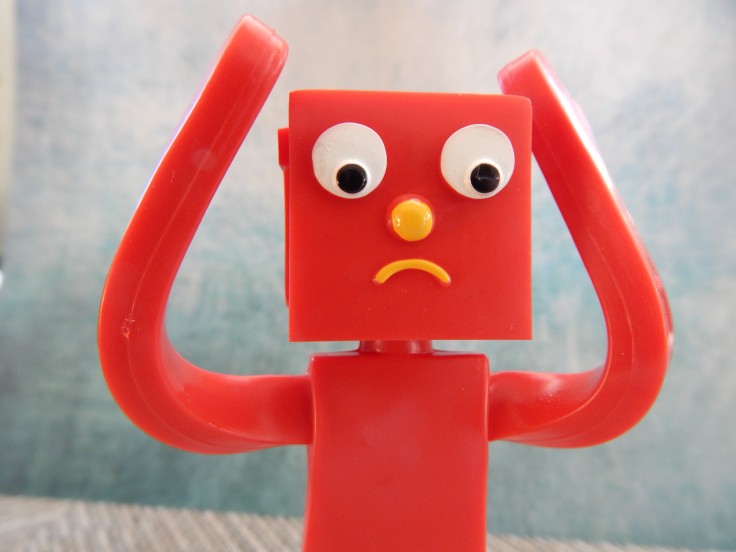
Depression knows no age. Adults and children alike can experience depression. Many people would think that depression is only for grown-up people, but little do they know children and teens can also be diagnosed with depression. To parents, it may seem that their children's lives are carefree and just all about the fun, but even children experience dark days.
Children and teens also have struggles whether it's about school or their personal problems, but either way, parents should be aware of the signs that could be symptoms to depression.
As a parent, you should know what to do when your child is showing such signs and help them as much as you can. Make them feel that you are with them always and listen to their problems.
If depression is known in your family, always be open to your children about it and tell them that you are open to listening to their doubts and problems at any time. If you're still unsure of how to identify if your child is going through something that could lead to depression, here are some signs that you can check out on the list.
Severe sadness
One sign of depression in all ages, whether adult, teen or child, is seeing them sulking or feeling utterly sad most of the time. You will know if a certain feeling of sadness is severe if it is already more than two weeks. If you already noticed that your child has been feeling down for a few weeks straight and has been acting unusual lately, you might want to sit down and talk to them. Ask them how they are doing and if there is anything they want to talk about to you. However, if you feel like your children are not feeling open to you, you can always turn to their friends and ask if they are telling them something they're not telling you.
Their eating habits change
Studies have shown that in teenagers, especially girls, those who are obese or overweight tend to have twice as likely to have depression compared to those girls who have a healthy body or in the right weight for their height and age. If your child is gaining weight or losing weight in the most unusual way, it could already be a sign of depression. Changes in eating habits are also signs of depression.
Their sleeping patterns change
Aside from their eating habits and weight, if you notice that your child is not getting enough sleep because of insomnia or maybe they are always sleeping and restless despite them having a normal sleeping pattern, this can be a troublesome sign.
They lose interest in certain activities
If your child is into sports or art and one day you've noticed they don't feel like doing those stuff anymore, this can also be a sign that there is something wrong going on with your child. If your child's activity level and interests change in a negative way, you might want to confront them about it. If you can, you can encourage them to do those activities again and see if how they react to it.
They experience changes in mood and behavior
If your child is now in their teen years and you notice that they are using alcohol and drugs, or maybe they are starting to get into a lot of trouble in school or in town, this can be a dangerous sign of depression. Violence is one of the most severe signs of depression. Teens, at their age, may always have the tendency of sudden and random mood swings. But, if you think that their mood swings are getting worse, it may need more of your attention that would require talking to your teen. With this negative attitude and behavior, you might want to consider getting professional help if you can't talk to them.